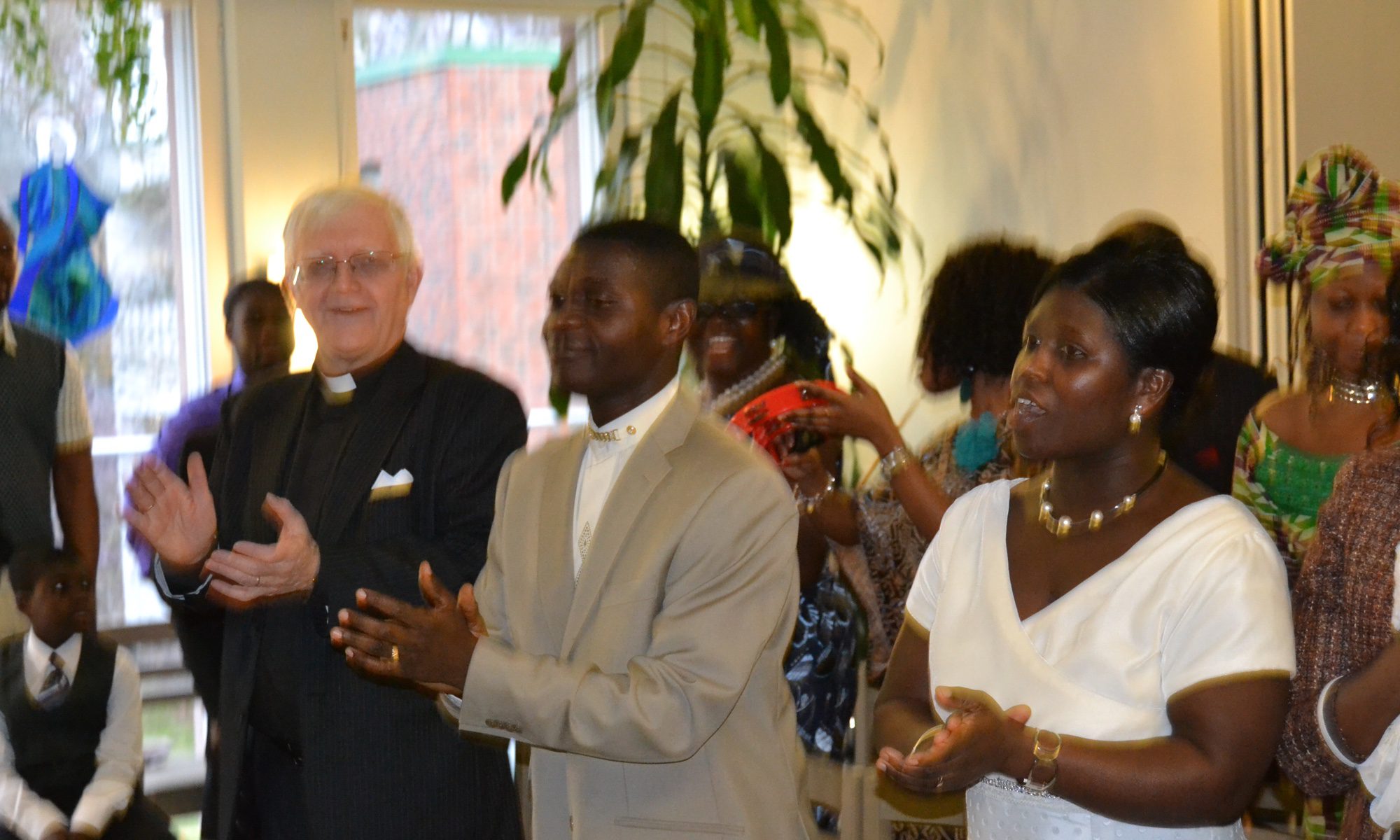Introduction
The Lord Jesus Christ is the all-powerful King as well as the accredited High Priest of God. The Psalmist saw this and prophesied that Jesus Christ, the Son of the Living God, would be the Priest according to the order of Melchizedek. Christ´s priestly office as prophesied by Psalms is discussed in this piece of writing.
The Priesthood of Christ
A High Priest is the one ordained to offer gifts and sacrifices (Heb 8:3) to God, for himself and for the people (Heb 9:7). Christ is the perfect High Priest, so He did not need to offer a sacrifice of sin for Himself (Heb 7:26). He is not a High Priest in the temples made by hands of men. He is one in the heavenly tabernacle which God Himself is the builder (Heb 8:1-5).
Christ was appointed high priest (Heb 3:1) by an oath as David puts it “The LORD hath sworn, and will not repent, Thou art a priest for ever after the order of Melchizedek” (Psa 110:4). In Paul´s contestation, unlike the other high priests, Christ was not made a high priest without an oath. Not an oath that is sworn by humans but by He who swore unto the Christ and said to Him without ever changing His mind, that He is a Priest forever after the order or manner of Melchizedek (Heb 7:20-21).
In the Law, Melchizedek was the king of Salem and the Priest of the Most High God (Gen 14:18). Paul explains that this man had no father or mother, no descent, he had no beginning of days nor end of life. And he adds that He was a very great man indeed (Heb 7:3-4). When the Psalmist prophesied that “The LORD hath sworn, and will not repent, Thou art a priest for ever after the order of Melchizedek” (Psa 110:4), he meant that the Priesthood and the Kingship of Christ shall be everlasting and that Christ shall be omnipotent. In his exposition on Melchizedek, Paul adds that this man was made like Christ, the Son of God, whose priesthood is forever (Heb 5:6, Heb 6:20, Heb 7:3).
Christ, the Prince of Peace
According to Scripture, Melchizedek, being the King of Salem, was by interpretation, the king of peace. He was also the king of Righteousness (Heb 7:2). Isaiah foresaw this very well when he also prophesied concerning the birth of Christ and said:
“For unto us a child is born, unto us, a son is given: and the government shall be upon his shoulder: and his name shall be called Wonderful, Counselor, The mighty God, The everlasting Father, The Prince of Peace” (Isa 9:6).
In fact, Christ is our peace (Eph 2:14) and our peace disseminates or comes down from Him. There is no peace outside of Him. He says His peace He leaves with us, His peace He gives to us, not like the kind of peace the world gives, so our hearts should settle on Him and not be troubled or be afraid (Joh 14:27). Christ Jesus does all things to secure our peace. We should trust Him for peace in our spirits, peace in our souls, and peace in our mortal bodies.
Strength to the Wearied
Melchizedek offered to the wearied Abraham, bread and wine (Gen 14:18) which were to give him energy after warring with the king of Sodom (Gen 14:18-20). The Messiah knows when we are exhausted and fainting, and He shows up in time to give the needed strength and nourishment. Though Abraham had a booty, none of those were so satisfying and fulfilling as the heavenly meal given by the eternal high priest. Jesus mentioned it to the Jews that He lived before Abraham, and that Abraham saw it and was glad to see His day (Joh 8:56-58). This meal is similar to the Eucharistic meal Jesus gives to the church. The church derives spiritual nourishment through this meal, so all believers need to participate, to receive the strength from God.
Conclusion
The priesthood of Christ is eternal and is in the order of Melchizedek as detailed in Psalms. Psalms testifies of the deity of Christ as Christ Himself tells it. Christ is the High Priest of God, He is the Prince of Peace, and the Sustainer of the wearied.
Prayer: The Prince of Peace and the eternal God, show us the way of peace and lead us to the eternal King, through Christ Jesus our Lord.

